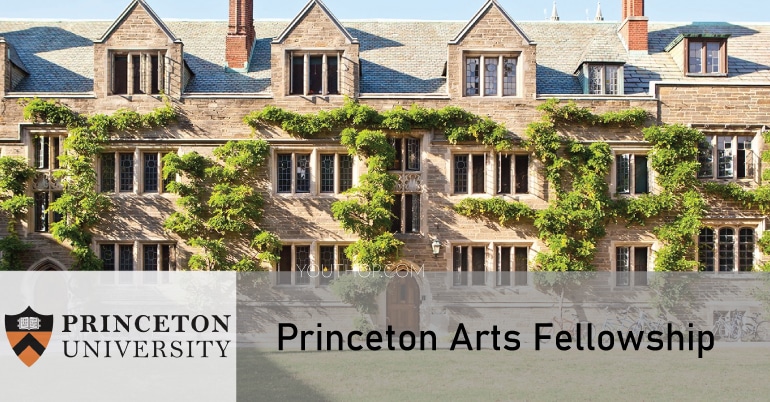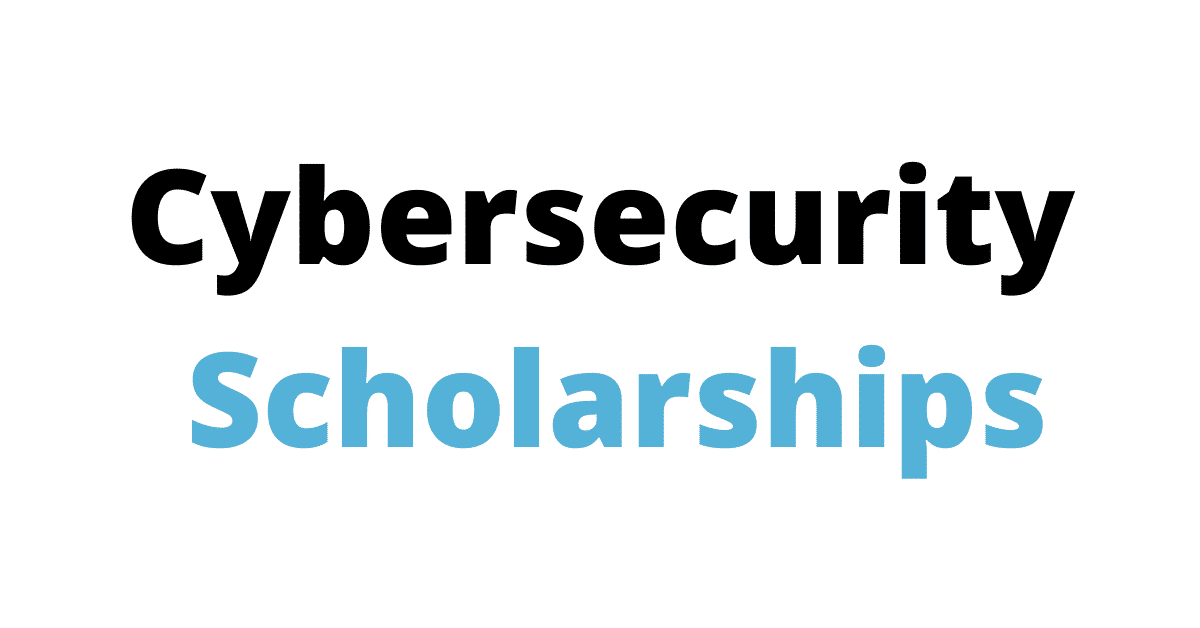The famous Wallace Stegner Fellowship for writing is awarded by Stanford University. With its foundation in 1946, it has a long history of fostering and assisting authors. Selected fellows can concentrate on their literary projects for 2 years at the fellowship’s significant $37,500 annual stipend. Fellows teach a single creative writing workshop throughout their tenure, and they also receive health insurance.
The Faculty For Stegner Fellowship
The Stegner Fellowship has an impressive lineup of faculty members who shape the fellows’ experience. The fellowship program invites other accomplished writers and industry professionals each year to serve as visiting faculty. These esteemed individuals come from different literary backgrounds, such as fiction, poetry, and non-fiction. They use their expertise and guidance to support fellows as they develop their craft and navigate the world of writing and publishing. The visiting faculty members vary yearly, ensuring a dynamic and enriching experience for the fellows.
Stanford Stegner Fellowship
The Stegner Fellowship provides writers with a stipend of $37,000 annually for two years. In awarding fellowships, what is considered is the quality of creative work by the candidates. The potential for future growth and the ability to contribute and benefit from the in-house writing workshop are also considered. Stanford’s creative writing program students are diverse in style and experience, with talented seriousness common to all.
Stegner Fellowship Application

The Stegner Fellowship application has a rigorous application process which every writer who wants to develop their writing skills should know.
Here are 6 application processes for Stegner Fellowship:
1. Writing sample
Writers who are applying must submit a writing sample that showcases their best work. It can be fiction, poetry, or creative non-fiction.
2. Statement of Purpose (SOP)
Along with the writing sample, applicants must provide a statement of purpose. The SOP should articulate their artistic goals, writing interests, and how the fellowship will contribute to their growth as writers.
3. Letters of recommendation
Applicants will submit letters of recommendation from individuals familiar with their writing abilities and potential. These recommendations highlight the applicant’s talent, dedication, and potential for success in writing.
4. Completed application form
Applicants need to fill out and submit a comprehensive application form. It must include their personal information, educational background, and relevant writing experience.
5. Review of submissions
Once applicants submit the application materials, a panel of esteemed writers and faculty members carefully review and evaluate each application.
6. Selection
Based on their assessment, a small group of exceptional writers will be selected as Stegner Fellows. They will receive the fellowship’s benefits, such as a stipend, a writing residency at Stanford, and health insurance. Additionally, they can teach a creative writing workshop during their tenure.
The requirements for the application for Stegner Fellowship
1. Transcript
Provide official transcripts from all post-secondary institutions attended, demonstrating the completion of a bachelor’s degree or its equivalent. Transcripts should showcase your academic achievements and support your eligibility for the fellowship.
2. Resume/Curriculum Vitae
Prepare a current resume or curriculum vitae (CV) highlighting your writing experience, educational background, publications, awards, and other relevant information.
3. Application fee
You must pay an application fee of $85 by credit card, but if you send your entry via mail, you should include a check made payable to Stanford University or a money order but not cash.
4. Writing sample formatting
Follow any specific formatting guidelines provided by the fellowship program. This includes requirements for font, spacing, page limits, or file format (e.g., PDF, Word document).
5. Language proficiency
If English is not your native language, you need to provide proof of English language proficiency, such as TOEFL or IELTS scores. This ensures you have the necessary language skills to participate fully in the fellowship program.
Eligibility For Stegner Fellowship
 Applicants must meet specific criteria to be eligible for the Stegner Fellowship at Stanford University. However, the particular eligibility requirements vary slightly from year to year.
Applicants must meet specific criteria to be eligible for the Stegner Fellowship at Stanford University. However, the particular eligibility requirements vary slightly from year to year.
Here are 5 eligibility criteria for Stegner Fellowship:
1. Citizenship
The fellowship is open to both U.S. citizens and international applicants. Writer from all around the world can apply for the fellowship.
2. Degree requirement
Applicants must possess a bachelor’s degree by the time the fellowship begins. There are no specific requirements regarding the field of study.
3. Writing experience
The fellowship is generally geared towards emerging writers. Applicants who have already published a book or have extensive professional writing experience are disadvantaged.
4. Application age limit
There is no age limit for applying to the fellowship. Applicants at any stage of their writing career are welcome to apply.
5. English proficiency
The program is conducted in English. As such, applicants must have a strong command of the English language to participate in the fellowship activities.
Stegner Fellowship
The fellowship is a full-time academic commitment. It is not supposed to be pursued simultaneously as other educational degree programs. Also, fellows are expected to live close enough to Stanford to attend the creative workshops, readings and other events.
Benefits Of Stanford Stegner Fellowship
The Stanford Stegner Fellowship offers many benefits to selected fellows. However, the benefits and details may be subject to change, which is why applicants must check the Stanford official website.
7 benefits of the Stanford Stegner Fellowship include:
1. Financial stipend
Fellows receive a generous financial stipend of $37,500 per year. This allows them to dedicate their time and focus on writing projects without needing additional employment.
2. Writing residency
The fellowship provides fellows with a two-year writing residency at Stanford University. It offers them a supportive and vibrant environment to immerse themselves in their creative work.
3. Health insurance
Fellows get health insurance coverage, ensuring their well-being during their tenure at Stanford.
4. Mentorship and guidance
Fellows can engage with and learn from established writers, visiting faculty, and industry professionals. This mentorship and guidance can significantly contribute to developing their writing skills and career trajectory.
5. Teaching experience
Fellows teach one creative writing workshop during their fellowship. This provides valuable teaching experience and the opportunity to share their knowledge and expertise with aspiring writers.
6. Literary Community
The fellowship connects fellows with a vibrant literary community at Stanford. It also offers networking opportunities, collaboration, and engagement with fellow writers, faculty, and guest speakers.
7. Career development
The Stegner Fellowship has a prestigious reputation in the literary world and significantly boosts a writer’s career. The recognition and support of the fellowship can open doors to publishing opportunities, fellowships, grants, and other writing-related endeavor.
Application Deadline
The application deadline for the Stanford Stegner Fellowship is December 1, 2023., 11:59 PM PST. However, it is essential to note the application deadline for the Stanford Stegner Fellowship may vary from year to year. It is necessary to consult the official Stanford University website for the most up-to-date information regarding the application deadline.
Selection criteria for the Stegner Fellowship

The selection process involves a rigorous evaluation of applicants based on specific criteria. The selection committee considers different factors when assessing applications.
Here are 5 selection criteria for the Stegner Fellowship:
1. Writing ability
The foremost criterion is the applicant’s writing ability and potential. The selection committee looks for exceptional talent, skill, and a unique voice through the submitted writing sample.
2. Artistic promise
The committee seeks applicants who show promise and potential for growth as writers. They consider the applicant’s ability to develop their craft, take creative risks, and contribute to the literary landscape.
3. Commitment and potential for benefit
The committee evaluates the applicant’s commitment to writing and their potential to benefit from the fellowship experience. They assess the applicant’s dedication and motivation. In addition, they check readiness to engage with the fellowship’s resources and opportunities fully.
4. Diversity and perspective
The committee aims to create a diverse and inclusive cohort of fellows. They consider the applicant’s background, experiences, and unique perspectives.
5. Fit with Stanford’s community
The selection committee looks out for applicants who fit within the Stanford writing community. They look for individuals who can actively contribute to the academic environment and engage in meaningful collaborations.
Stegner Fellowship Tips
As an applicant for the Stegner Fellowship, you must follow some good tips to help you get into the program.
Here are 10 Stegner Fellowship tips:
1. Start early
Begin the application process well in advance to allow ample time for writing, revising, and gathering the necessary documents. Rushing through the application may lead to oversight or defective materials.
2. Polish your writing sample
Your writing sample is a crucial component of the application. Select your best work that represents your unique voice and showcases your writing abilities. Revise and edit the sample meticulously to ensure it reflects your most vigorous writing.
3. Craft a compelling statement of purpose
Your statement of purpose is an opportunity to convey your passion for writing. It would be best to use it to articulate how the Stegner Fellowship will contribute to your writing growth. Be sincere, concise, and clearly understand what you hope to achieve during the fellowship.
4. Seek strong letters of recommendation
Choose recommenders familiar with your writing abilities who can speak to your writing potential. Please give them ample time to write thoughtful, detailed letters highlighting your strengths, dedication, and potential.
5. Research the fellowship and faculty
Familiarize yourself with the Stegner Fellowship program and the visiting faculty members. Understand the fellowship’s values, past fellows, and the work of the faculty members. This knowledge will help you tailor your application and demonstrate your fit with the program.
6. Revise and edit
Take the time to revise and polish every aspect of your application. Proofread for grammar, punctuation, and clarity. Seek mentors, peers, or writing group feedback to gain fresh perspectives and refine your materials.
7. Showcase your unique voice
Show what sets you apart as a writer. Highlight your distinctive style, perspective, and experiences contributing to a diverse and enriching literary community.
8. Stay authentic
Be true to yourself and your writing. Avoid trying to conform to perceived expectations or imitate other writers. Let your individuality shine through in your application materials.
9. Follow instructions carefully
Adhere to all application guidelines and instructions provided by the fellowship program. Ensure you have included all required materials and submitted them by the deadline.
10. Stay positive and persevere
The Stegner Fellowship is highly competitive, and not everyone will be selected. If you are not chosen, keep going. Use the experience as an opportunity for growth and continue honing your craft. Also, explore other writing and funding opportunities.
How to Get a Waiver for Stegner Fellowship
Many writers request waivers for the Stegner Fellowship. To obtain a release for the application fee of the fellowship, you must demonstrate financial need.
5 strategies to get a waiver for Stegner Fellowship:
1. Review the application guidelines
Carefully read the official application guidelines provided by the Stegner Fellowship program. Look for information regarding fee waivers, including eligibility criteria and the application process.
2. Determine eligibility
Determine if you meet the specified criteria for a fee waiver. Typically, fee waivers are granted to applicants who can demonstrate financial need or qualify for specific categories, such as students from low-income backgrounds or underrepresented communities.
3. Gather documentation
Prepare the necessary documentation to support your fee waiver request. This may include tax returns, income statements, or other relevant financial documentation demonstrating your financial need.
4. Contact the fellowship program
Reach out to the Stegner Fellowship program directly to inquire about the process for obtaining a fee waiver. They will provide specific instructions on proceeding and may request the above documentation.
5. Submit your request
Follow the provided instructions to submit your fee waiver request. Include all required documentation and any additional information or statements that may support your case.
Conclusion: All You Need To Know About Stegner Fellowship
The Stegner Fellowship is a competitive opportunity for aspiring writers to immerse themselves in a supportive and vibrant literary community. From their provision of financial stipend and writing residency and teaching experience, the fellowship offers to contribute to a writer’s career development. By understanding the application requirements, selection criteria, and tips for a successful application, aspiring writers confidently go through the process and increase their chances of securing this transformative fellowship.









Comments are closed.